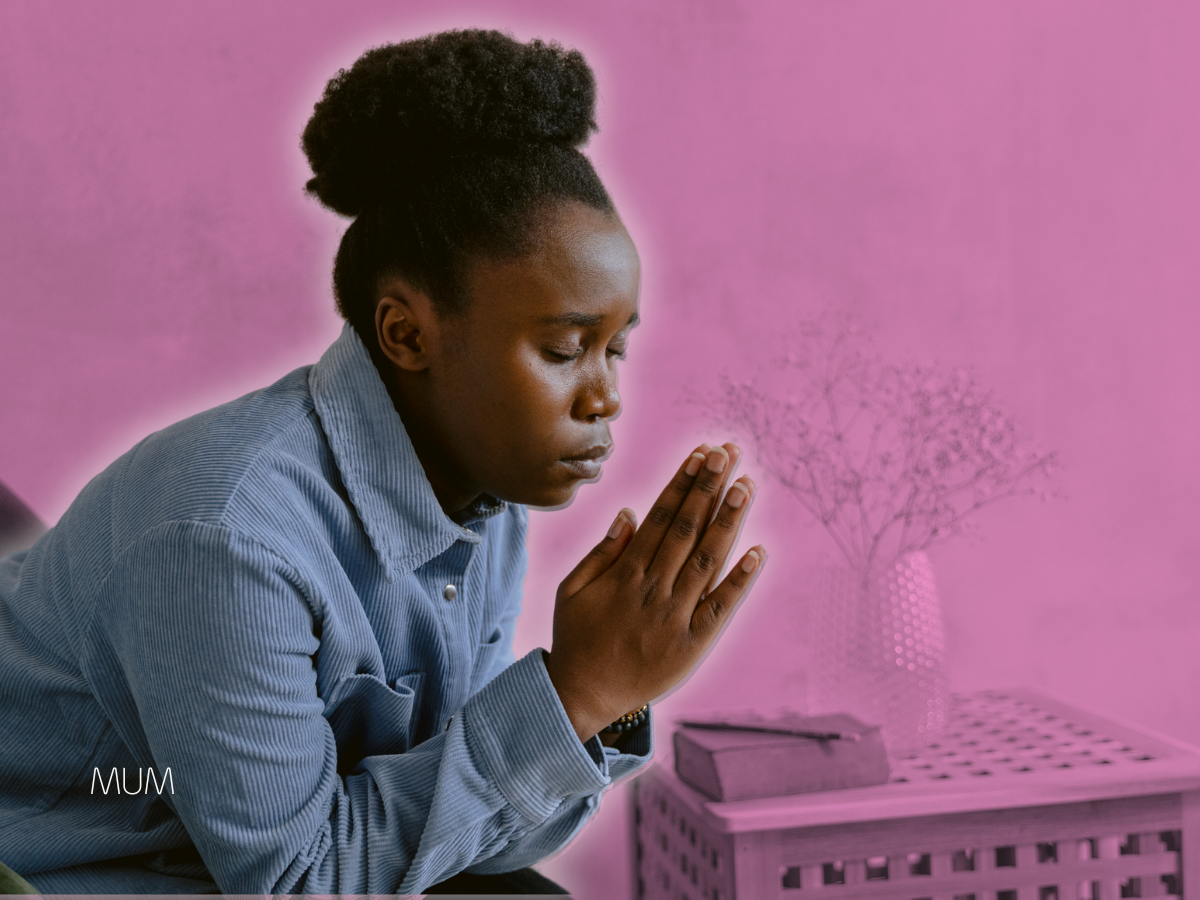The Gratitude Paradox: Why We Struggle with What's Good for Us
Despite its proven benefits, consistently practicing gratitude can feel impossible. Learn why our minds resist what's good for us and how to embrace authentic appreciation.
The Paradox of Gratitude: Embracing What's Good Amidst Our Resistance
Gratitude, widely lauded for its profound benefits to physical health, emotional well-being, and social connections, presents a puzzling paradox: despite its proven advantages, many find it challenging to integrate into their daily lives. This resistance is a common human experience, not a personal failing, and understanding its roots is the first step toward cultivating a more grateful outlook.
The Resistance to Gratitude — Why We Struggle with What’s Good for Us
The struggle to consistently practice gratitude often stems from deeply ingrained psychological patterns. Cognitive biases, for instance, play a significant role. The negativity bias, a well-documented phenomenon in cognitive psychology, predisposes our brains to notice and dwell on threats and negative experiences more readily than positive ones. This evolutionary survival mechanism, while once crucial for avoiding danger, can now make it harder to appreciate life's blessings. Furthermore, scarcity thinking, reinforced by consumer culture and societal pressures, often emphasizes what we lack rather than what we possess. This mindset can foster a perpetual sense of dissatisfaction, making gratitude feel counterintuitive. For individuals with trauma responses, the world can appear inherently unsafe, leading to hypervigilance and a natural aversion to vulnerability, which genuine gratitude might evoke. Culturally, some societies may subtly encourage emotional suppression or cynicism, viewing overt expressions of positivity as naive or performative. Recognizing these underlying psychological currents can help us understand why resistance to gratitude is a common, often unconscious, hurdle.
Reframing Gratitude — Beyond Performative Positivity
Authentic gratitude extends far beyond a fleeting emotion or a forced expression of happiness. It's a fundamental mindset, a way of perceiving and interpreting the world that acknowledges the good, even amidst adversity. This distinction is crucial to differentiate genuine gratitude from performative positivity or toxic optimism, which often dismisses or invalidates genuine pain and struggle. Psychological research underscores that authentic gratitude does not demand the absence of suffering; rather, it allows individuals to acknowledge their pain while simultaneously recognizing the sources of support, resilience, and beauty that still exist. It's about finding perspective, understanding that even in challenging circumstances, there are often aspects for which one can be genuinely thankful. This nuanced understanding enables gratitude to coexist with grief, injustice, and uncertainty, offering a powerful pathway to healing and a deeper appreciation for life's complexities.
Gentle Practices for Building Gratitude and Rewiring Scarcity Thinking
Cultivating gratitude is a gradual process that involves shifting ingrained mental patterns. Research-backed strategies can help rewire the brain away from scarcity thinking towards a more appreciative perspective. Reflective journaling, for example, prompts individuals to regularly identify and record things they are grateful for, reinforcing positive associations. Savoring practices, which involve intentionally focusing on and prolonging positive experiences, can enhance the emotional impact of good moments. Writing gratitude letters to express appreciation to others not only strengthens relationships but also deepens one's own sense of gratitude. Even integrating daily micro-moments of awareness, such as noticing the warmth of a morning coffee or the kindness of a stranger, can cumulatively shift inner narratives.
Over time, these consistent, gentle practices can foster a profound internal shift, moving individuals from a sense of helplessness toward empowerment, confidence, and clarity, grounding them in the abundance that remains, even when faced with hardship.Gratitude is not about denying the realities of pain or injustice; it is about intentionally grounding oneself in what remains, thereby creating space for growth and clarity to emerge.
Keep Going!
Check out these related posts






